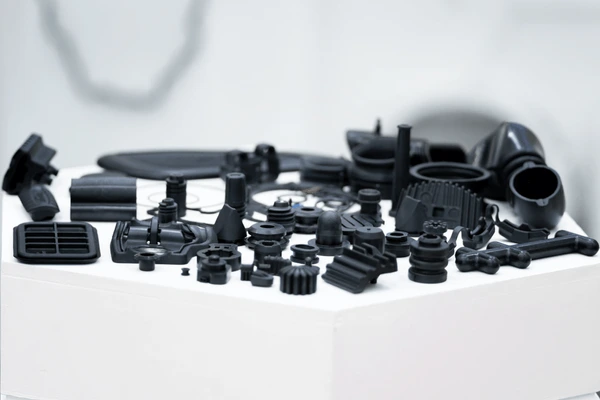
Precision molding plays a crucial role in the automotive industry, enabling the production of complex, high-quality, and durable components with tight tolerances. This manufacturing process involves the use of advanced injection molding techniques to create intricate parts that meet strict industry standards for safety, efficiency, and performance. The automotive sector relies heavily on precision molding for both interior and exterior components, including dashboards, door panels, air vents, and lighting systems. By utilizing high-precision molds, manufacturers can ensure consistency, reduced material wastage, and improved production efficiency.
One of the key advantages of precision molding in the automotive industry is its ability to produce lightweight yet strong components. With the growing demand for fuel efficiency and sustainability, automakers are increasingly turning to engineered plastics and composite materials molded with precision techniques. These materials not only reduce vehicle weight but also enhance durability and resistance to environmental factors such as heat, moisture, and chemicals. Precision molding allows for the integration of multiple functions into a single component, reducing the need for assembly and minimizing production costs.
Moreover, the automotive industry benefits from precision molding’s ability to create parts with intricate designs and superior surface finishes. High-precision molds enable the production of components with minimal defects, ensuring that each part meets strict quality and safety regulations. Advanced molding technologies, such as multi-shot and overmolding, allow manufacturers to combine different materials within a single component, improving performance and aesthetics. Additionally, automation in precision molding enhances production speed and accuracy, reducing lead times and increasing overall efficiency in automotive manufacturing.
As the automotive industry moves toward electric and autonomous vehicles, precision molding continues to play a significant role in shaping the future of vehicle design. The demand for high-performance plastic components in battery enclosures, electronic housings, and lightweight structural elements is on the rise. With continuous advancements in molding technology, automakers can produce high-quality, cost-effective, and innovative parts that drive the evolution of modern vehicles. Precision molding remains an indispensable process in ensuring the durability, safety, and efficiency of automotive components, contributing to the overall performance and longevity of vehicles on the road.

